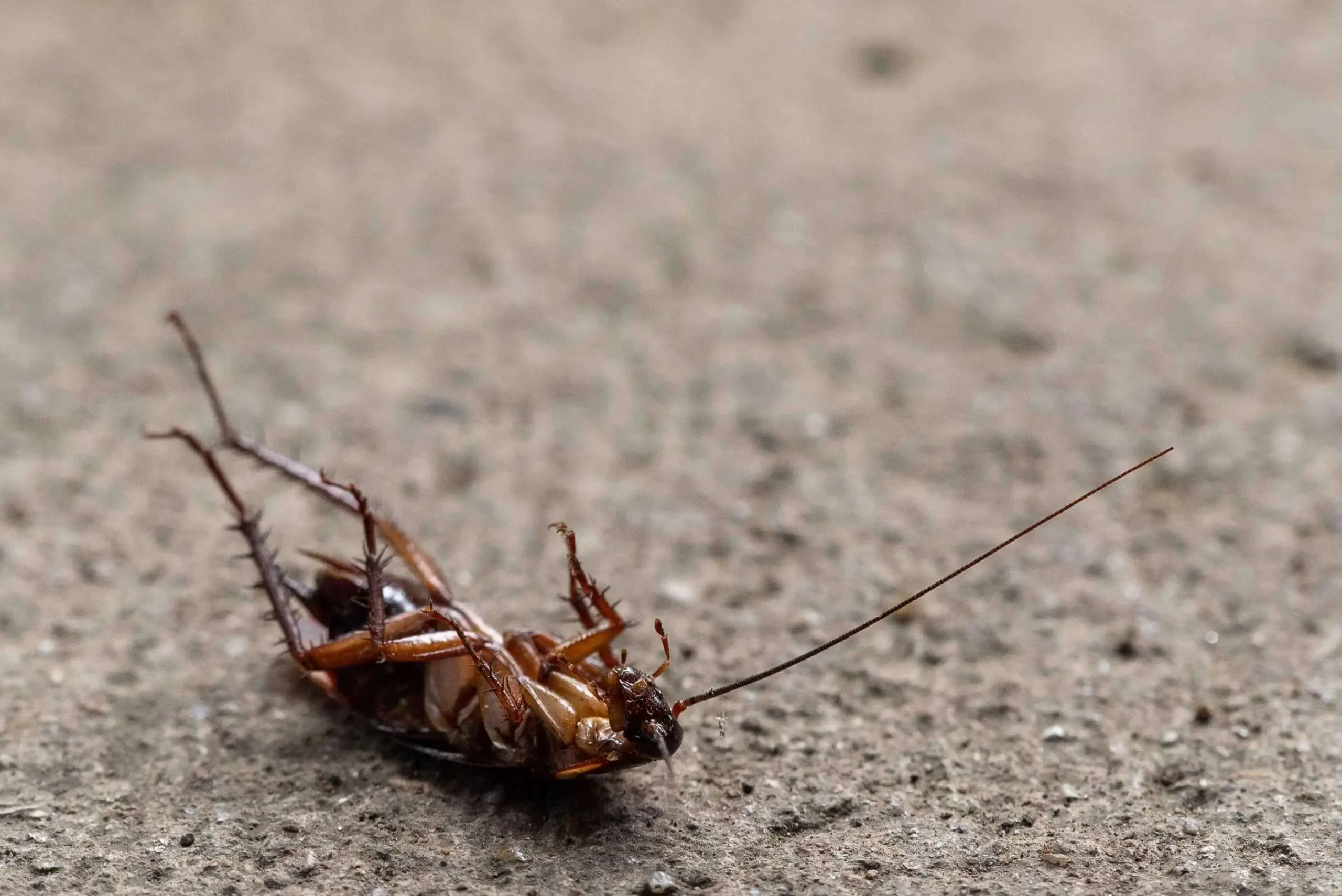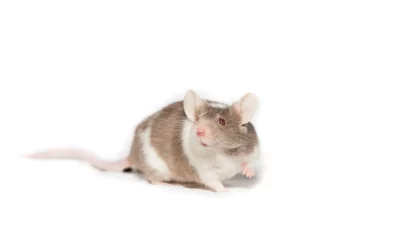Pest infestations can be a major problem for homeowners and businesses alike, causing damage to property and potentially posing health risks to those exposed. In Kenya, pests such as rodents, mosquitoes, termites, and cockroaches are common and can cause significant problems if not dealt with appropriately. However, with the right techniques and strategies, it is possible to maintain a pest-free environment in Kenya. In this article, we will explore some tips for long-term pest control success that you can implement in your home or business.
Table of Contents
- Understanding the Common Pests in Kenya
- Identifying the Causes of Pest Infestations
- Implementing Preventative Measures
- Proper Waste Management
- Maintaining Cleanliness and Hygiene
- Sealing Entry Points
- Using Natural Repellents
- Hiring Professional Pest Control Services
- Monitoring and Regular Inspections
- Understanding the Importance of Long-Term Pest Control
- The Role of Technology in Pest Control
- Conclusion
- FAQs
1. Understanding the Common Pests in Kenya
Before we can effectively control pests, it is important to understand the most common types of pests in Kenya. Some of the most prevalent pests include rodents such as rats and mice, which can spread disease and cause property damage. Mosquitoes are also common and can transmit diseases such as malaria and dengue fever. Termites are another problem, as they can cause significant damage to wooden structures. Cockroaches are another common pest, and can cause allergic reactions in some people.
2. Identifying the Causes of Pest Infestations
In order to effectively control pests, it is important to identify the underlying causes of pest infestations. Common causes include poor waste management, improper storage of food and water, and lack of cleanliness and hygiene. It is important to identify the specific causes of pest infestations in your home or business in order to develop an effective pest control plan.
3. Implementing Preventative Measures
One of the most effective ways to control pests is to implement preventative measures. This can include measures such as sealing entry points, keeping food and water sources properly stored, and ensuring that your home or business is kept clean and hygienic. It is also important to address any issues with plumbing or other infrastructure that may be contributing to pest infestations.
4. Proper Waste Management
Proper waste management is an essential part of maintaining a pest-free environment. This means ensuring that all waste is properly disposed of, and that garbage and recycling bins are kept tightly sealed. It is also important to clean up any spills or food debris immediately in order to prevent attracting pests.
5. Maintaining Cleanliness and Hygiene
Maintaining cleanliness and hygiene is also crucial in preventing pest infestations. This means regularly cleaning floors, surfaces, and other areas where pests may be attracted to. It is also important to ensure that food and water sources are kept clean and free from debris.
6. Sealing Entry Points
Sealing entry points is an effective way to prevent pests from entering your home or business. This can include sealing gaps around doors and windows, as well as any other cracks or crevices where pests may be able to enter. It is also important to ensure that screens on windows and doors are properly maintained and in good condition.
7. Using Natural Repellents
Using natural repellents can also be an effective way to control pests. This can include using essential oils such as peppermint or lavender, which are known to repel rodents and insects. Other natural repellents include garlic
and onion, which can be used to repel insects, and vinegar, which can be used to repel ants.
8. Hiring Professional Pest Control Services
In some cases, it may be necessary to hire professional pest control services to effectively control pest infestations. Pest control professionals have the expertise and equipment necessary to identify and address pest infestations and can develop a customized pest control plan tailored to your specific needs.
9. Monitoring and Regular Inspections
Regular monitoring and inspections are also essential in maintaining a pest-free environment in Kenya. This means regularly checking for signs of pest activity, such as droppings or gnaw marks, and addressing any issues as soon as they are identified. Regular inspections can help to identify potential pest problems before they become more serious.
10. Understanding the Importance of Long-Term Pest Control
While it may be tempting to only address pest problems as they arise, it is important to understand the importance of long-term pest control. This means taking a proactive approach to pest control, implementing preventative measures, and regularly monitoring and inspecting your home or business for signs of pest activity. Long-term pest control can help to prevent pest infestations from occurring in the first place, saving you time and money in the long run.
11. The Role of Technology in Pest Control
Technology is also playing an increasingly important role in pest control. Advances in technology have led to the development of more effective and efficient pest control techniques, such as electronic pest repellents and smart pest traps. These technologies can help to effectively control pest infestations without the need for harsh chemicals or pesticides.
12. Conclusion
Maintaining a pest-free environment in Kenya requires a proactive approach, including implementing preventative measures, addressing the underlying causes of pest infestations, and regularly monitoring and inspecting your home or business for signs of pest activity. By following the tips outlined in this article, you can effectively control pests and prevent infestations from occurring in the first place.
13. FAQs
- What are the most common pests in Kenya?
- The most common pests in Kenya include rodents such as rats and mice, mosquitoes, termites, and cockroaches.
- How can I prevent pest infestations in my home or business?
- Preventing pest infestations can be achieved through measures such as proper waste management, maintaining cleanliness and hygiene, and sealing entry points.
- Are natural repellents effective in controlling pests?
- Yes, natural repellents such as essential oils and vinegar can be effective in repelling pests.
- When should I hire professional pest control services?
- If you are experiencing a serious pest infestation, or if you are having difficulty controlling pests on your own, it may be necessary to hire professional pest control services.
- Why is long-term pest control important?
- Long-term pest control is important because it can help to prevent pest infestations from occurring in the first place, saving you time and money in the long run.
Related Posts
The Role of Pest Inspection Services in Kenya for Early Detection and Prevention of Infestations
Emergency Pest Control Services in Nairobi: Fast and Reliable Solutions for Urgent Situations
The Benefits of Integrated Pest Management in Kenya for Sustainable Pest Control
Organic Pest Control in Nairobi: An Eco-Friendly Solution for Pest Problems





0 Comments